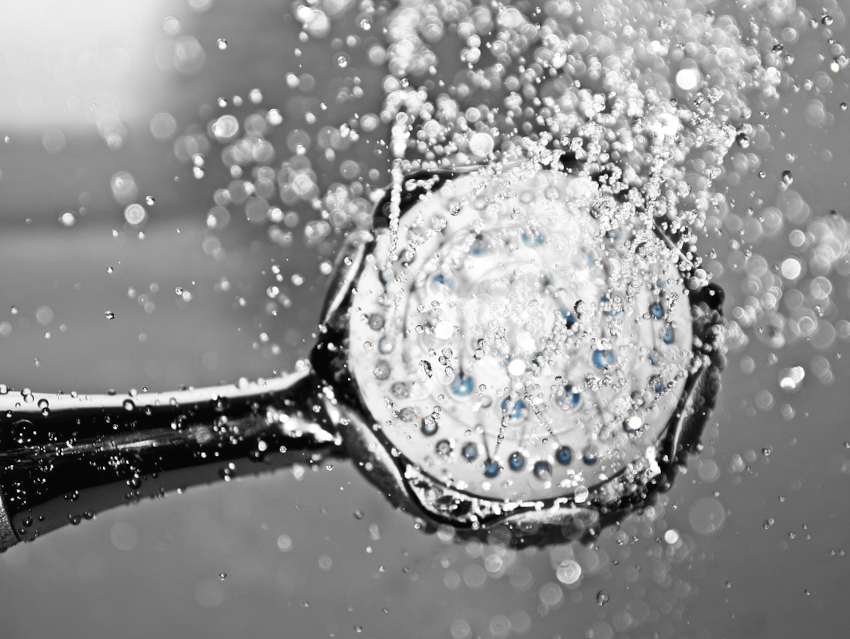Deep in the cracks of any shower drain, faucet, and showerhead, there are most likely various microbes growing. These moist and warm spots are good locations for bacterial communities to flourish. The different sources of water used in homes and other premises can influence the structure of the microbial community. Private water supplies, such as wells, can carry different microbes than, e.g., municipal water supplies.
Noah Fierer, University of Colorado, Boulder, USA, and colleagues have investigated samples from 496 showerheads across the continental United States to determine the structures of the bacterial communities growing on these surfaces. Samples were collected from homes with either private or municipal water supplies. The team mailed sterile swabs to the participants for the collection of biofilms from the inside of showerheads. The samples were collected and stored at temperatures of −20 °C. The researchers then analyzed the composition of the bacterial communities using gene sequencing.
Using this protocol, 731 different bacterial genera were identified, with the most abundant genus being Mycobacterium. The water sources were an important factor: The team found that showerheads in homes connected to a municipal water supply had higher abundances of Blastomonas, Mycobacterium, and Porphyrobacter. In contrast, homes using private wells showed higher numbers of Pseudorhodoplanes, Novosphingobium, and Nitrospira. This might be related to the use of surface- versus groundwater, as well as to disinfectant use in the public water supply, which favors more resistant bacteria.
Antibiotic resistance genes and genes that may be involved in disinfectant resistance were more abundant in public-water-supplied communities. Additional studies could help to further characterize the microbiome in plumbing and to provide insights into the mechanisms used by bacteria to resist disinfection.
- Structure and Functional Attributes of Bacterial Communities in Premise Plumbing Across the United States,
Tara M. Webster, Alexander McFarland, Matthew J. Gebert, Angela M. Oliverio, Lauren M. Nichols, Robert R. Dunn, Erica M. Hartmann, Noah Fierer,
Environ. Sci. Technol. 2021.
https://doi.org/10.1021/acs.est.1c03309




